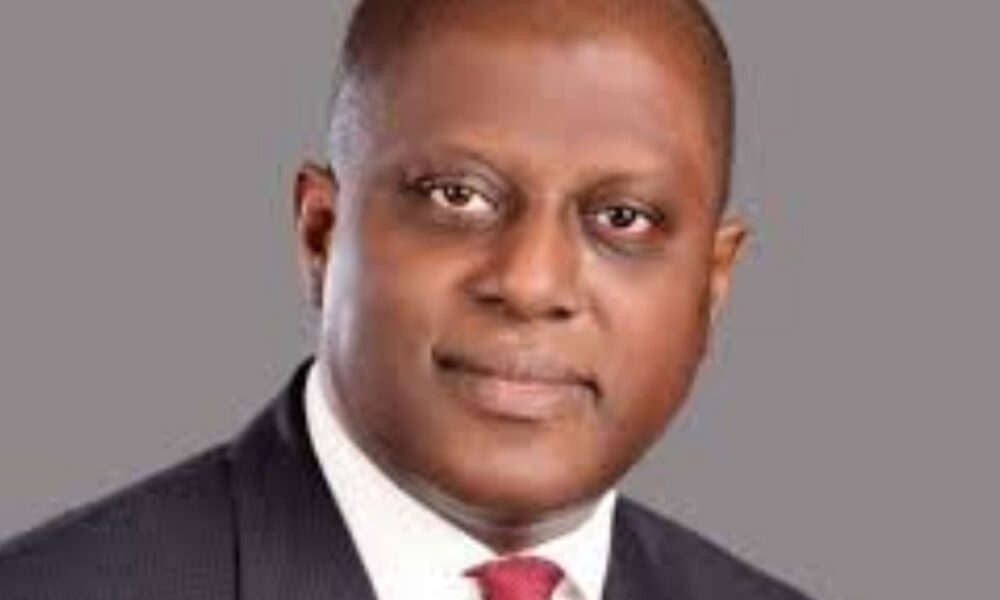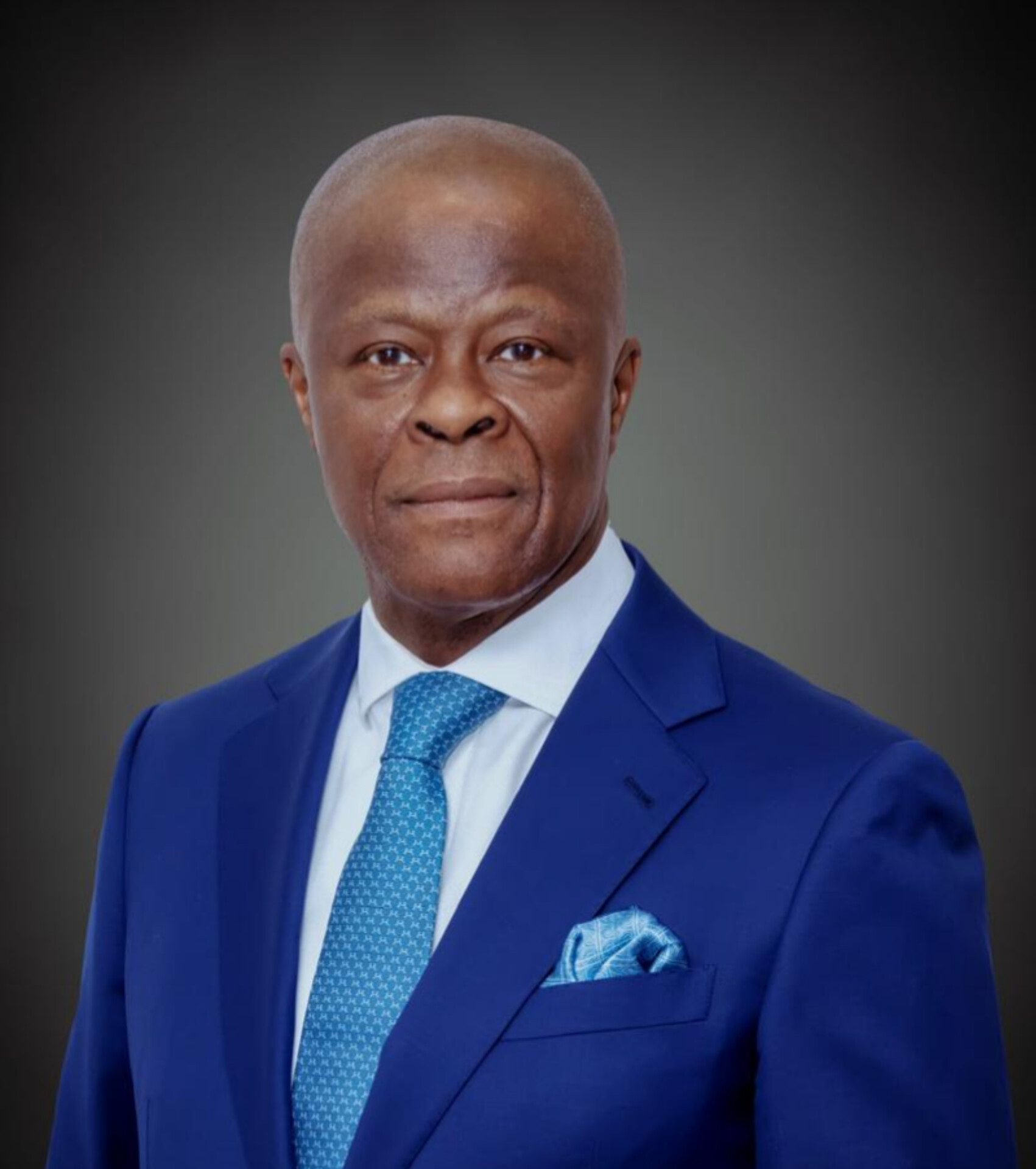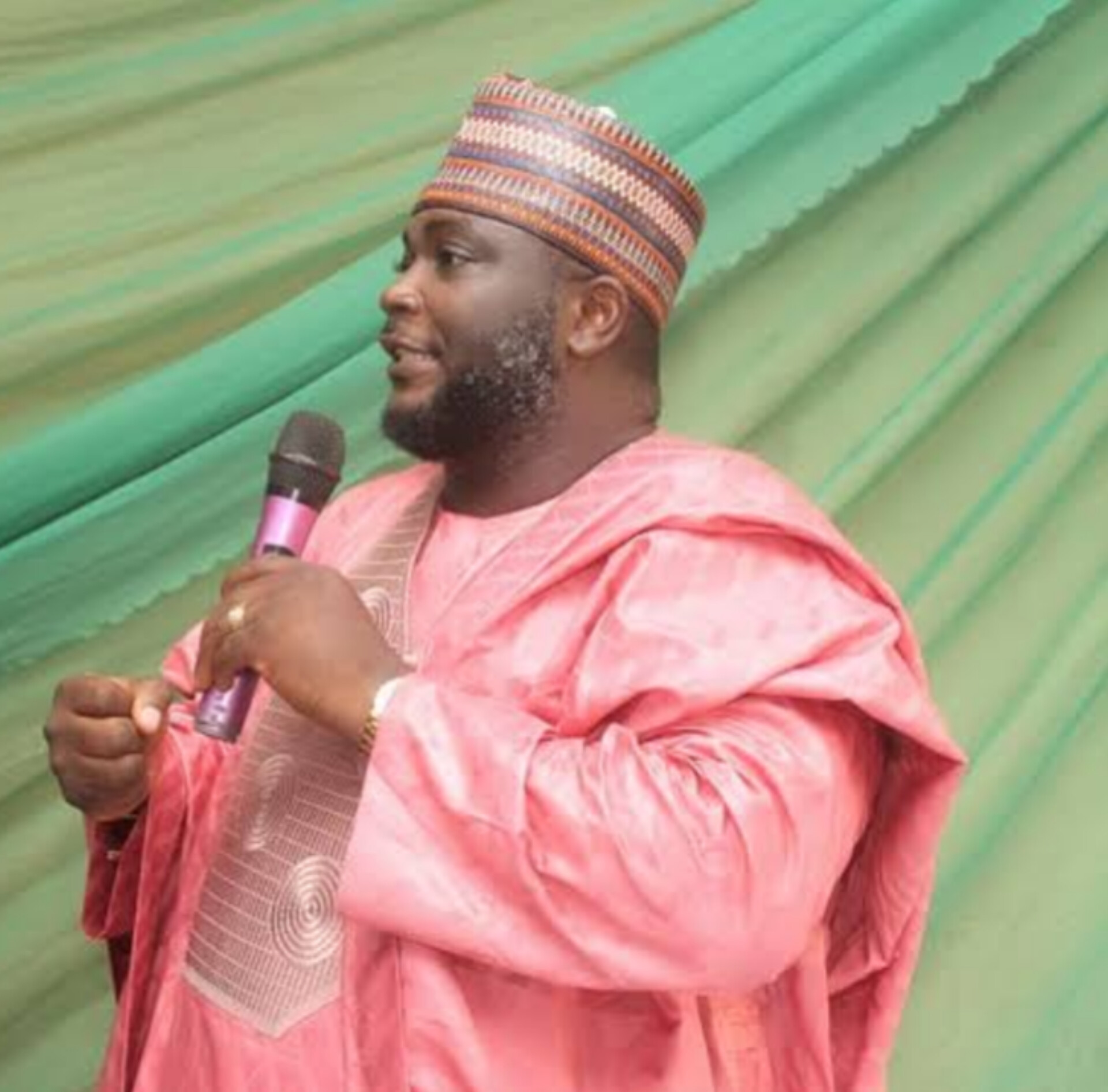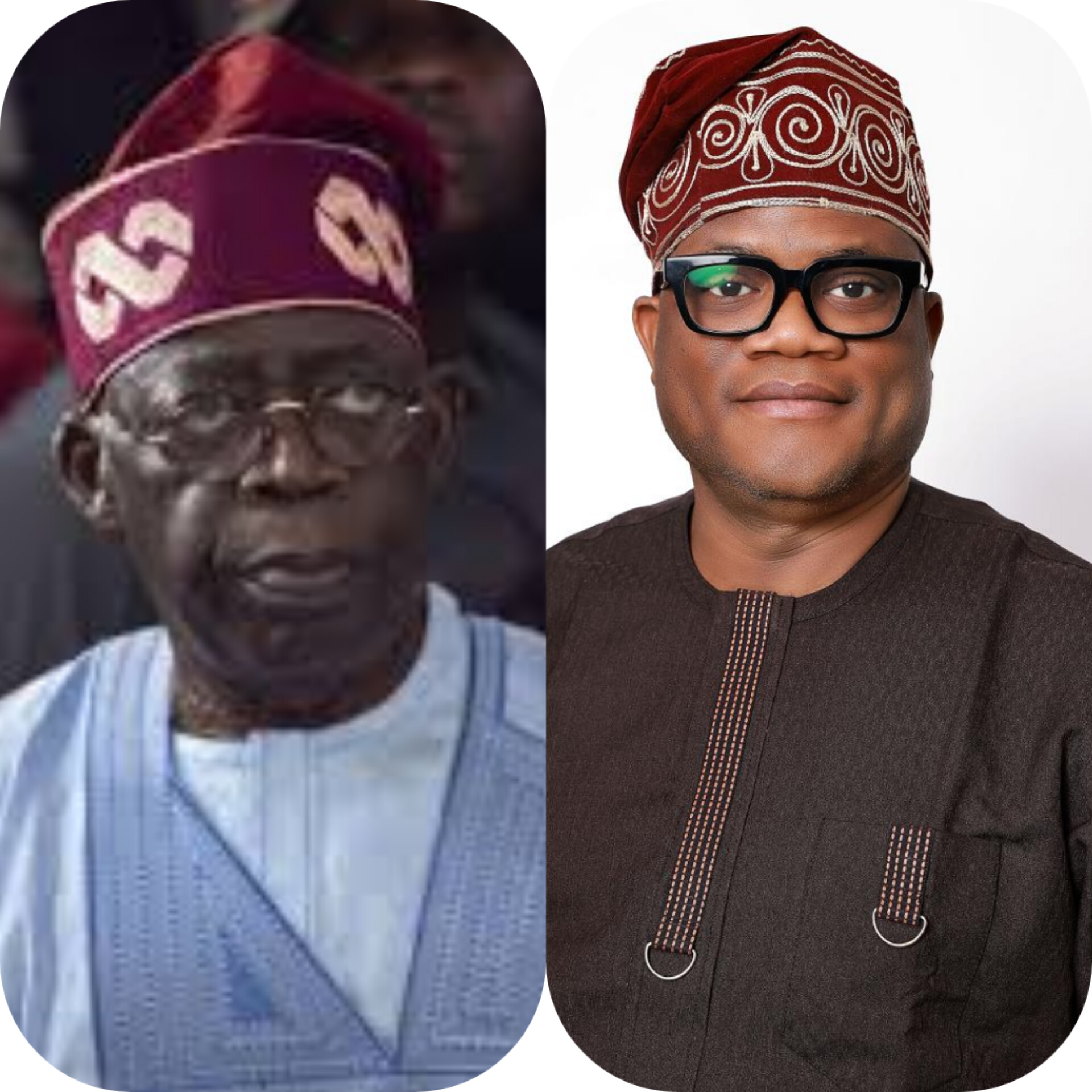***Frankly tells Nigerians, the bank has no magic wand to halt Naira free fall
***’Ways and Means’ is over for good, says Cardoso
The Central Bank of Nigeria (CBN) Governor Olayemi Cardoso has attributed the weakness of the Naira to the insatiable appetite of Nigerians for the Dollar and foreign exchange.

Cardoso who gave the admonition during an interactive session with the Senate Committees on Finance, Appropriations, Banking, Insurance and other Financial Institutions, said without moderation of demands on USD, the CBN has no magic wand to stop the free fall of the Naira
He has therefore urged Nigerians, especially the elite, to reduce their appetite for dollar, consumption and usage of foreign goods and patronage of foreign schools and hospitals.
He however informed members of the committee that series of measures have been put in place by the apex bank recently, are yielding results with inflow of about $1billion into the economy.
He also indicated that the Nigerian foreign exchange market is currently facing increased demand pressures, causing a continuous decline in the value of the naira.
He told his host that apex financial institution in the country had no magic wand to hurriedly get the naira stabilised.
He said, “The Nigerian foreign exchange market is currently facing increased demand pressures, causing a continuous decline in the value of the naira.
“Factors contributing to this situation include speculative forex demand, inadequate forex supply increased capital outflows, and excess liquidity.
“To address exchange rate volatility, a comprehensive strategy has been initiated to enhance liquidity in the FX markets.
“This includes unifying FX market segments, clearing outstanding FX obligations, introducing new operational mechanisms for BDCs and IMTOs, enforcing the Net Open Position limit, Open Market Operations and adjusting the remunerable Standing Deposit Facility cap among others.
“The measures, aimed at ensuring a more market-oriented mechanism for exchange rate determination, will boost foreign exchange inflows, stabilize the exchange rate, and minimize its pass-through to domestic inflation.
“Indeed, they have already started yielding early results with significant interest from Foreign Portfolio Investors (FPIs) that have already begun to supply the much-needed foreign exchange to the economy.
“For example, upwards of $1 billion in the last few days came in to subscribe to the Nigeria Treasury Bill auction of 1 trillion Naira which saw an oversubscription earlier this week.
“Our measures aimed at improving USD supply into the Nigerian economy, has significant potential in taming the volatility of the exchange rates. However, for these measures to be sustainable, we must as a country, moderate our demand for FX.
“It is also clear that the task of stabilizing the exchange rate, while an official mandate of the CBN, would necessitate efforts beyond the Bank itself. It will also include actions by corporates and individuals to reduce our frequent demand for the dollar for business and personal needs”.
On Inflation rate , the apex bank governor assured Nigerians that it will reduce to 21.4% in 2024.
He said, “Inflationary pressures are expected to decline in 2024 due to the CBN’s inflation-targeting policy, aiming to rein in inflation to 21.4 percent at the medium term, aided by improved agricultural productivity and easing global supply chain pressures,”he said .
He attributed the current food crisis in the country to insecurity, and natural causes.
Cardoso said, “The upward trend of food inflation is primarily due to supply shocks caused by insecurity, climate-induced factors such as flood and rainfall shortage.
“In some cases, inefficient, subsistent and seasonal farming practices as well as importation bottle necks that have impacted the prices of imported food items are also critical factors.
“Anecdotal evidence indicates that recent exchange rate volatility has fuelled more foreign demands for agricultural products, especially, from neighboring countries.
“While this presents an opportunity to expand and boost agricultural output, hence creating jobs in the sector, supply constraint exacerbated demand, instigating more inflationary pressures.
“Given this backdrop, the emergency committee on food security set up by the President has been taking a number of measures and we see an end in sight to the persistent rise on food inflation.
“On our side at the CBN, we have responded with significant monetary policy tightening to reign in inflationary pressure.
“Empirical analysis has established that money supply is one of the factors fueling the current inflationary pressure.
“For instance, an analysis of the trend of the money supply spanning over nine months shows that M3 increased from N52.01 trillion in January 2023 to N68.25 trillion in November 2023 representing N16.24 trillion or 31.22 percent increase over the period.
“Increase in Net Foreign Asset (NFA) following the harmonization of exchange rates and the N3.22 trillion ways and means advances were the major factors driving the increase in money supply.”
Cardoso told the senators that the apex bank had decided to discontinue the ways and means regime.
He said, “I am pleased to note the Fiscal Authorities efforts in discontinuing ways and means advances.
“This is also in compliance with section (38) of the CBN Act (2007), the Bank is no longer at liberty to grant further ways and means advances to the Federal Government until the outstanding balance as of December 31, 2023, is fully settled.
“The Bank must strictly adhere to the law limiting advances under ways and means to 5 percent of the previous year’s revenue.
“We have also halted quasi-fiscal measures of over 10 trillion naira by the Central Bank of Nigeria under the guise of development finance interventions which hitherto contributed to flooding excess Naira and raising prices to the levels of Inflation we are grappling with today.
“The CBN’s adoption of inflation-targeting framework involves clear communication and collaboration with fiscal authorities to achieve price stability, potentially leading to lowered policy rates, stimulating investment, and creating job opportunities.
“Our MPC meeting on the 26th and 27th of February is also expected to review the situation and take further decisions on these important issues.”
Aside the CBN Governor, top government functionaries like the Ministers of Finance, Wale Edun, Budget and National Planning, Senator Atiku Bagudu, Agriculture and Food Security , Senator Abubakar Kyari, also made presentations based on questions asked by the Senators on the State of Economy.
The Minister of Finance, who is also the Coordinating Minister of the Economy, said the Federal Government was committed to end the current pains of Nigerians through a social security strategy.
Edun said, “In terms of the social protection that is uppermost at this moment and we have the social protection measures through direct payments.
“Direct payments properly done biometrically can lead to reduction in poverty.
“it is proven empirically worldwide, that is why that is an issue that is being look at now. It is our commitment to as soon as possible, resume the social investment programme and the safety net particularly at this time.
“So in a short term the commitment is to face the pains of Nigerians and to do everything that can be done to ease those pains and of course on the foreign exchange side to bring about stability.
“On Expenditure, we are looking at ensuring government expenditure is carefully spent.
“Even the President has reduced his own expenditure and so for the Medium Term let us be assured that the monetary and the fiscal policies which are being implemented are going to increase production, increase funding for the government will play its own role.
“Difficult reforms take time for the benefits to come through and our duty is to ensure in a short term we minimize he pains to the poor and the most vulnerables. ”
Minister of Agriculture and Food Security , Senator Abubakar Kyari, on his part said there is the challenge of Affordability of food, and availability in some cases.
“we have been challenged quite sometimes over COVID which had impact on Agriculture and all other sector, at the same time if you remember the flooding of 2021, and also the Naira redesign of 2022 ,2023 at the point of harvest.
“In 2022 government came up with the policy of redesigning of Naira and that really impacted on the availability of cash. In 2023 early when farmers were just preparing for planting in 2023 they had no cash anywhere.
“Access to capital for farmers is very key, in addition an exiting Government did not plan to do wet season cultivation for 2023, I don’t think there was any impact or any intervention against the 2023 cultivation and that also impacted on the quantum of harvest in 2023.
Senator Sani Musa who chairs the Senate Committee on Finance, in series of posers fired at the Ministers and CBN Governor, queried the $3.3billion collected as loan to rescue Naira , since expected positive effects are not being felt , months after .
But the Chairman of Committee on Banking, Insurance and other Financial Institutions, Senator Adetokunbo Abiru in his remarks, told the CBN governor to ensure proper synergy between Monetary and Fiscal Policies .
He specifically, urged the CBN governor to make available to the committee, audited account of the apex bank and its Budget .




